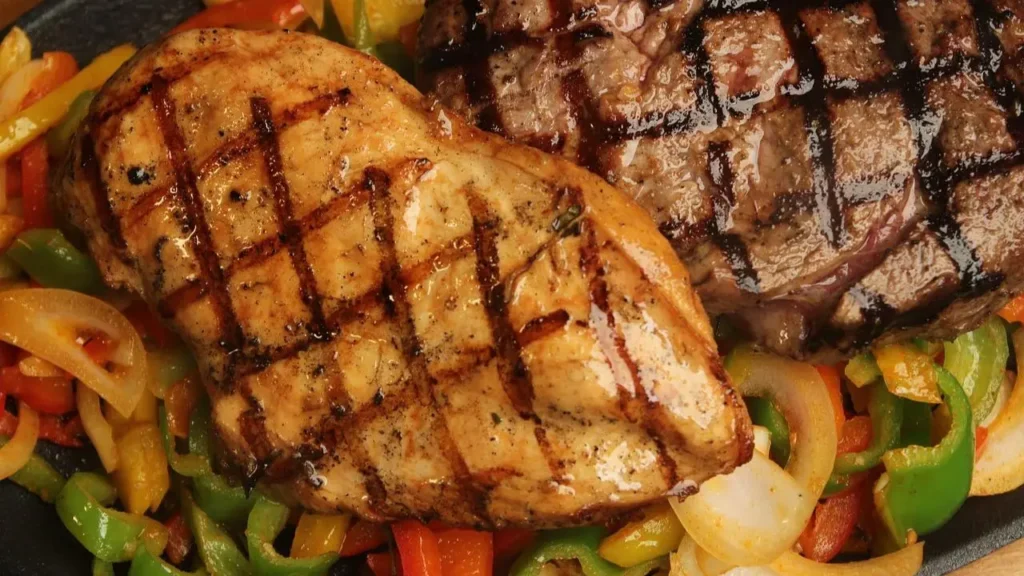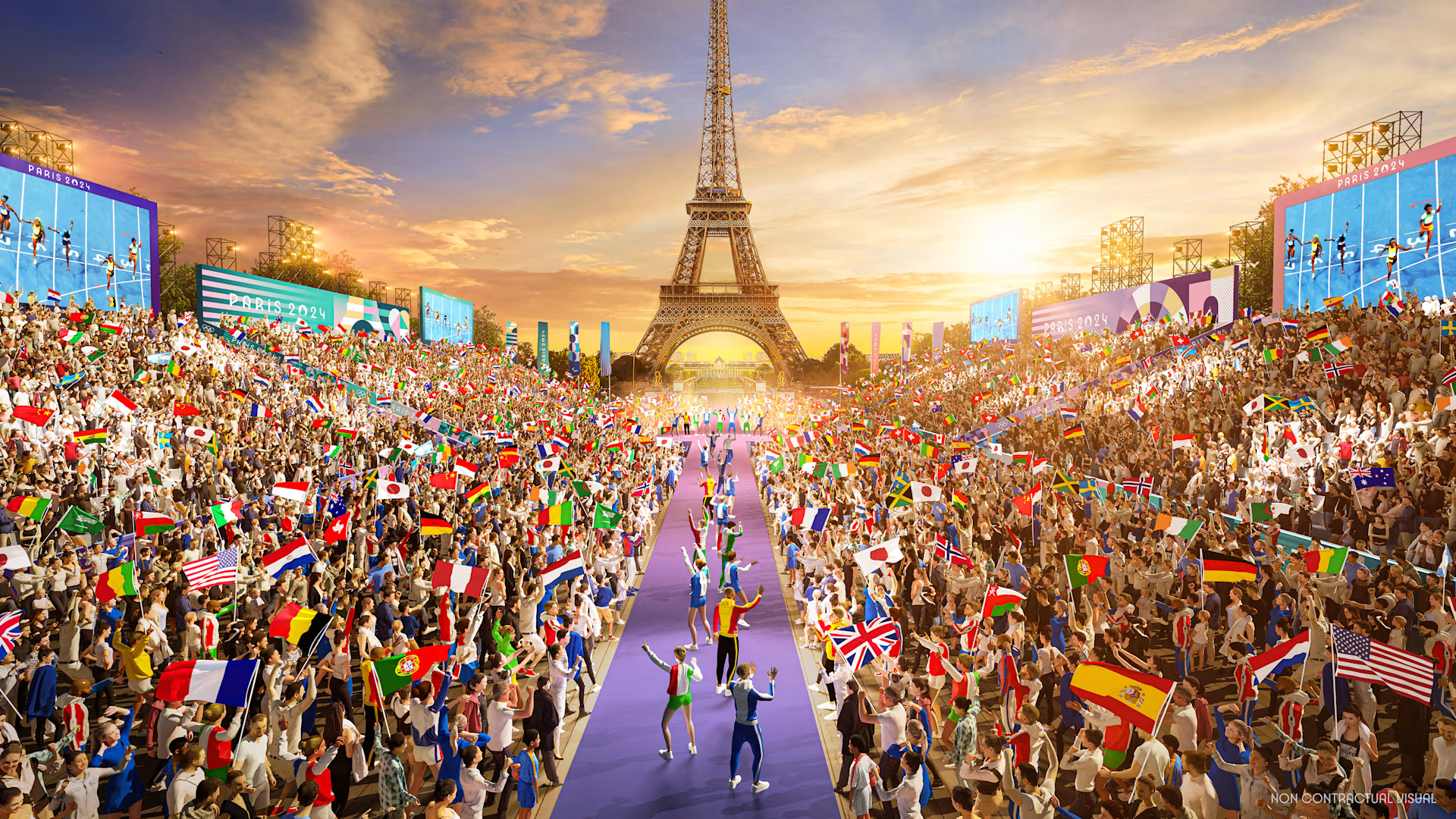Food & Climate
It seems that France decided to raise slogan “no time for climate change and Paris Olympics 2024 success is the first priority, so decided to increase meat and eggs to satisfy the athletes.
Several athletes have complained about a shortage of food, especially meat and eggs at the Olympic Village in Paris, according to reports seen by “Food & Climate” platform.
The first few days in the village, located in a deprived suburb north of Paris, saw demands for more meat, eggs and bigger helpings as athletes looked to replenish themselves after gruelling competitions or gym sessions, according to “Fillstar global”.
An ambition from Paris Olympics organisers to cut the carbon footprint of catering at this year’s eco-friendly Games has run into a problem: the huge appetites of meat-loving athletes.
At a trial run at the Olympics village restaurant in June, Games supremo Tony Estanguet stressed how Paris 2024 was aiming to cut the average carbon emissions per meal in half compared to previous Olympics by offering more vegetarian food.
Meat and greenhouse gas
Promising not to disappoint visitors to a country famed for its gastronomy, the organising committee also took on several Michelin-starred chefs as advisors to work alongside its food contractor, French multinational Sodexo.
But swimmer Julio Horrego from Honduras told AFP on Monday when asked about life in the village: “The only issue would be the food shortages”. “It’s a bit surprising”. Horrego, who says he eats up to 5,000 calories per day, said he turned up for breakfast at 10:30am on Sunday only to find there were no eggs left.
“If you arrive a bit late, then there aren’t enough,” he said at the entrance to the village which is buzzing with activity and can house 10,500 athletes in its roughly 40 low-rise towers.
Romanian rower, Iulian Chelaru, gave a clear answer when asked if there was anything missing: “meat”.
Many of the leading researchers documented the connection between meat and greenhouse gas emissions.
For decades now, scientists have been urging us, especially those of us in the global north, to eat less meat and dairy, both of which are responsible for massive environmental impacts and greenhouse gas emissions, according to “sentient media”.
The meat industry has long worked to downplay the connection between meat and climate change and, at least so far, it’s working. 66 percent of Americans either don’t understand that eating meat is bad for climate change, or believe it has no impact at all.
The Olympic Village is set to serve approximately 13 million meals during the Olympic and Paralympic Games, according to “BBC”.
And a spokesman for the Carrefour group, which is in charge of supplying fresh products to the Olympic Village, said: “It was requested to revise upwards the quantities initially planned, which the group will be able to satisfy”.

A very high demand
The official catering partner to the Olympic Village, Sodexo, confirmed “a very high demand” for certain products and said that “volumes will be increased” to “satisfy the needs of the athletes”.
“We didn’t have enough meat, but now it’s solved,” Romanian rower, Iulian Chelaru said. And German swimmer Lucas Matzerath, said that the size of helpings was also increasing. “At the start there were not very big portions for people, but it’s improved now,” he said.
Feeding 15,000 international athletes from 208 territories and nations, plus support teams, officials and volunteers, is a gargantuan task.
During the two 15-day periods of the Olympic and Paralympic Games, more than 13 million meals will be served – the equivalent of the amount of food provided at 10 football World Cups.
Athletes have access to six main areas devoted to French, Asian, Afro-Caribbean and world cuisine, with 500 different recipes catering to a wide variety of tastes.
A strict quality charter also governed the food at the Paris Olympics. It was developed over the course of four years of work with the goal of halving the carbon footprint of meals produced during the Games, in comparison to London 2012.
As a result, a quarter of all ingredients will be sourced in a 250km radius from Paris, and 20% will be certified organic.
All meat, milk and eggs will be from France, and a third of the food will be plant-based.
Two hundred water, juice and soda fountains have been installed in the Olympic Village, and only reusable cups and crockery will be offered.

